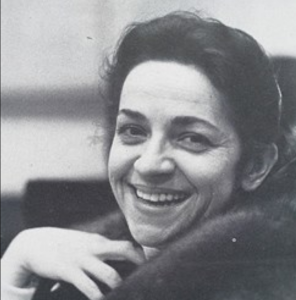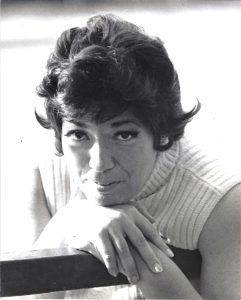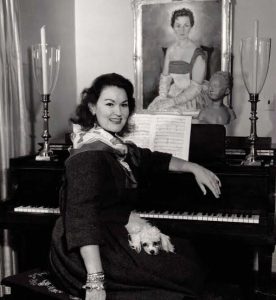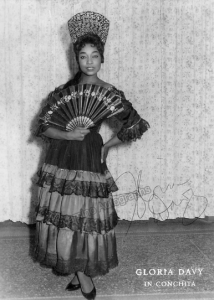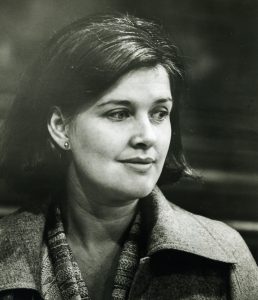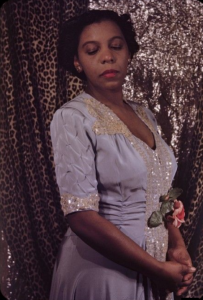Podcast: Play in new window | Download (Duration: 1:46:12 — 145.8MB) | Embed
Subscribe: Spotify | TuneIn | RSS | More
Today’s episode reveals and celebrates the opera queen in me: it’s a program entitled “A Smattering of Sopranos” that features twenty-five different singers who “happen to be” sopranos and whom have not yet been featured in full episodes of the podcast. I love producing these “potpourri” episodes, which allow me to offer a marvelous sampling of singers in a wide-ranging repertoire from French, German, Italian, (and Polish!) opera to religious music to orchestral song to Deutsche Schlager to Lieder and melodies to Russian romances to the Great American Songbook. Singers heard include Suzanne Danco, Rita Shane, Raina Kabaivanska, Françoise Pollet, Maggie Teyte, Phyllis Curtin, Jarmila Novotná, Florence Quartararo, Janine Micheau, Stefania Woytowicz, Olive Moorefield, Elisabeth Rethberg, and the late Stefka Evstatieva, among many others and each one puts her distinctive stamp on the material.
Countermelody is the podcast devoted to the glory and the power of the human voice raised in song. Singer and vocal aficionado Daniel Gundlach explores great singers of the past and present focusing in particular on those who are less well-remembered today than they should be. Daniel’s lifetime in music as a professional countertenor, pianist, vocal coach, voice teacher, and author yields an exciting array of anecdotes, impressions, and “inside stories.” At Countermelody’s core is the celebration of great singers of all stripes, their instruments, and the connection they make to the words they sing. By clicking on the following link (https://linktr.ee/CountermelodyPodcast) you can find the dedicated Countermelody website which contains additional content including artist photos and episode setlists. The link will also take you to Countermelody’s Patreon page, where you can pledge your monthly or yearly support at whatever level you can afford.






